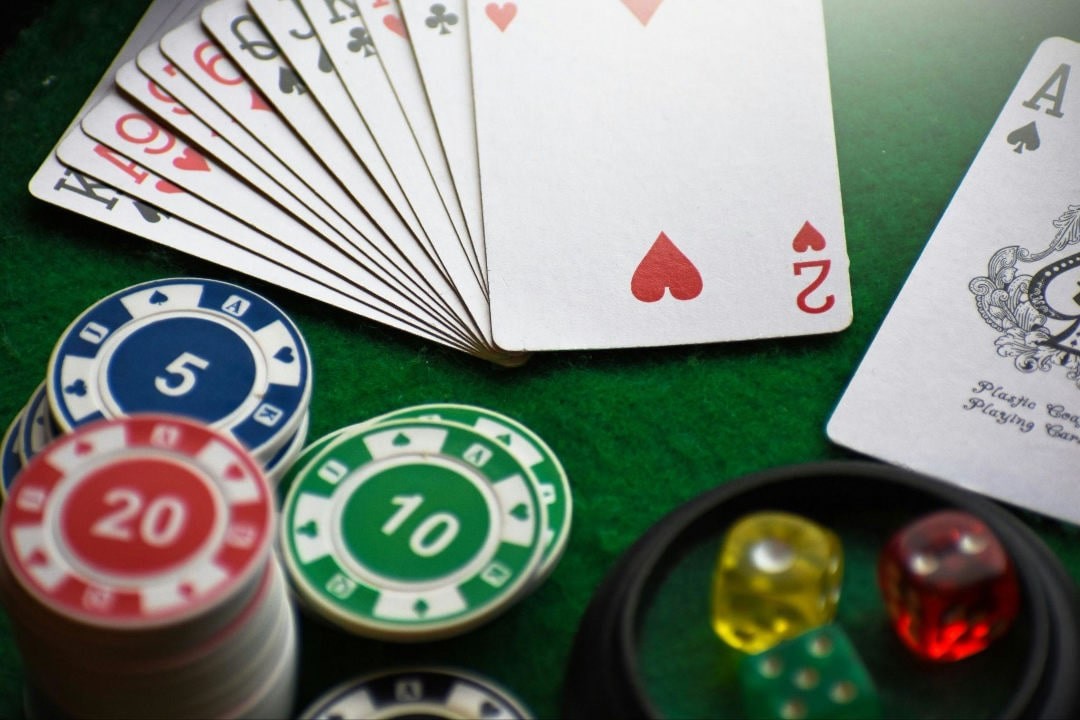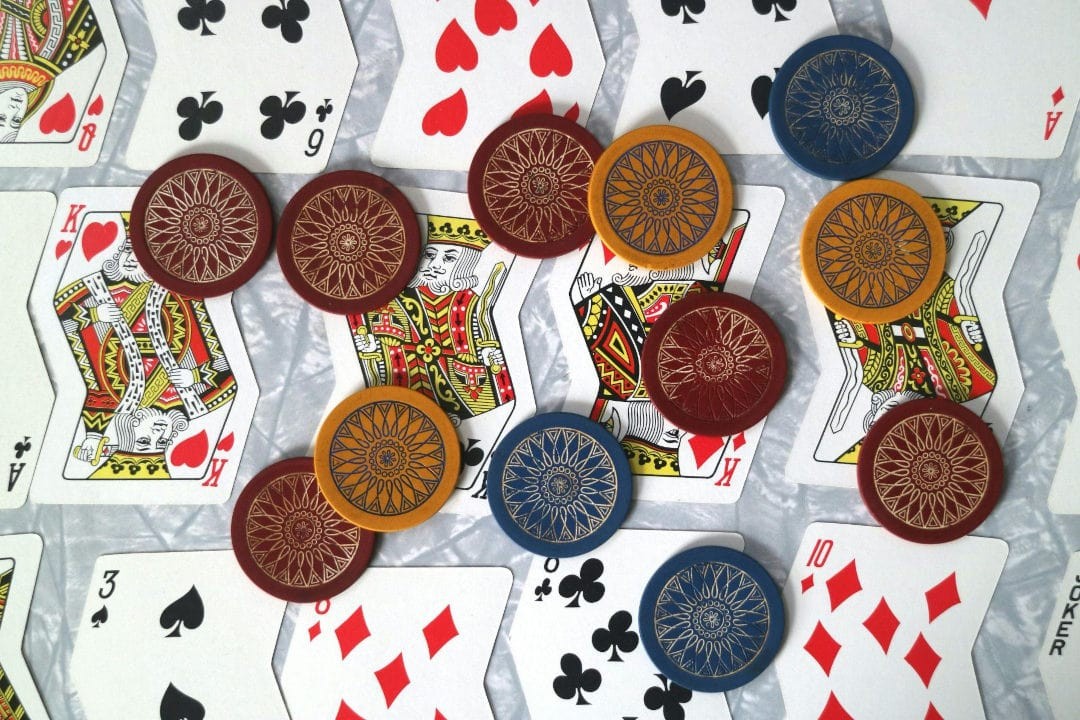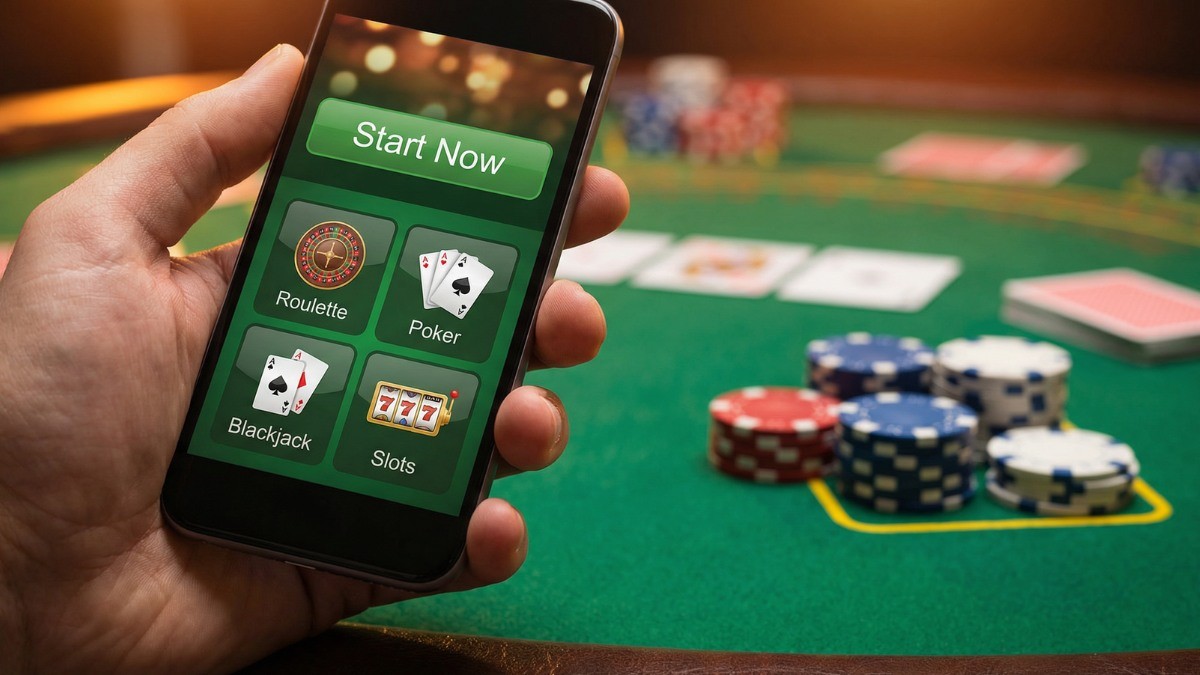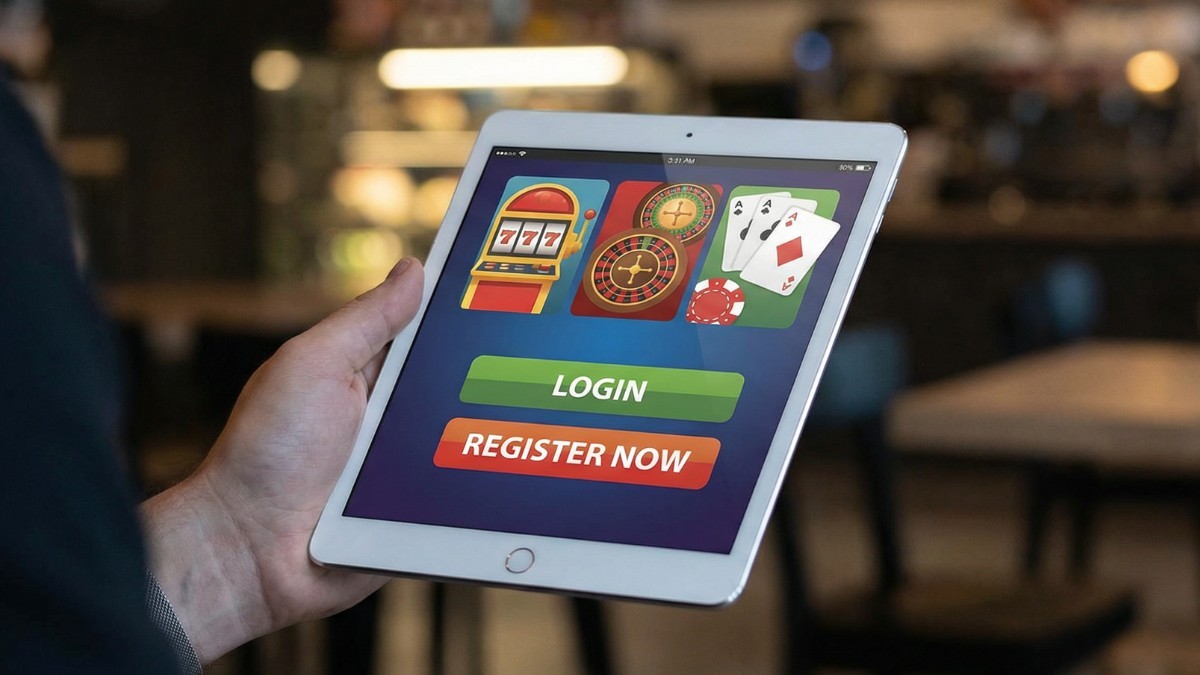
Poker Psychology: Mastering the Art of Reading Opponents
Poker is more than simply a card game; it's a battle of wits and minds. The thrill lies not only in the hands you hold but also in the minds you face across the table. Mastering poker psychology can be your secret weapon, allowing you to read opponents like an open book. Imagine knowing when someone is bluffing or when they're holding onto a winning hand this skill can turn the tide in your favor. As players gather around that green felt surface, each has their own strategy and style. Understanding how to decode those strategies through psychological insights is crucial for success. Whether you're at a casino or exploring the best arabic online casinos, being attuned to human behavior will elevate your game significantly. Dive into this world where mind games take precedence over luck! Discover how to sharpen your senses and become adept at reading poker opponents with precision.
The Importance of Reading Opponents in Poker
Being able to read your opponents in poker is a very important ability that can change the outcome of any game. Understanding your opponent's behavior and strategy allows you to make more informed decisions. Every player exhibits unique tendencies, whether it's their betting patterns or reaction to pressure. If you pay close attention, you can spot these tendencies and change the way you do things. Successful players often rely on observation skills to gauge when an opponent feels confident or anxious. This insight lets them exploit weaknesses effectively. Moreover, reading provides a psychological edge. It changes the way the game is played because players start to think about how their actions are seen. Mastering this aspect of poker psychology not only enhances your gameplay but also adds depth to each hand played at the felt.
Understanding Body Language and Facial Expressions
Body language and facial expressions are crucial elements of poker psychology. They offer invaluable insights into your opponents' thoughts and intentions. Players often reveal their emotions without saying a word. A nervous twitch, a clenched jaw, or fidgeting can signal anxiety about their hand. Pay attention to these subtle cues; they might indicate weakness or strength. Facial expressions can be even more telling. A player who suddenly smiles may have hit the jackpot, while one with furrowed brows could be struggling with uncertainty. Learning to interpret these signals takes practice. Observe how different players react in various situations over time. Don't forget that online play presents its challenges. You won't see physical tells, but you can still analyze betting patterns and timing for hints about their mental state. In either scenario, being attuned to body language enhances your edge at the table.

Identifying Betting Patterns
Identifying betting patterns is a crucial aspect of poker psychology. Each player has a unique style, and understanding theirs can give you an edge. Pay attention to how much they wager in different situations. Do they always raise the pre-flop with strong hands? Or perhaps they tend to call rather than bet when they're unsure? Notice the timing of their bets as well. A quick bet may indicate confidence, while hesitation might signal doubt or weakness. Look for consistency over time. Players often have habitual responses that can be exploited if recognized early enough.By analyzing these patterns, you'll improve your ability to read opponents effectively. This insight allows you to adjust your strategy accordingly, whether it means bluffing them out or playing cautiously against stronger hands. Mastering this skill enhances both your game and overall enjoyment at the table.
Using Observation and Memory Skills
Observation is a critical skill in poker psychology. Each session offers countless opportunities to gather insights about your opponents. Pay close attention, as the smallest details can reveal much about their strategies and tendencies. Memory comes into play when you recall these observations over time. Keep track of how players behave under pressure or what actions they take with various hands. This knowledge becomes your competitive edge. Consider maintaining notes on different players' habits outside of the game too. It helps to build a comprehensive profile that informs your decisions at the table. Additionally, try to notice any changes in behavior during specific moments, such as after winning or losing a big pot. Spotting these shifts can help you predict future actions and adjust your gameplay accordingly. By honing both observation and memory skills, you're better equipped to read opponents effectively.
Psychological Tactics for Manipulating Opponents
Psychological tactics can be powerful tools at the poker table. They allow players to influence their opponents' decisions and perceptions subtly. One effective approach is the art of deception. By projecting confidence or nonchalance, you can create an air of uncertainty in your rivals. If they believe you're strong, they might fold when it would have been better to call. Playing mind games also involves timing your actions perfectly. A sudden bet after several conservative plays can throw off even seasoned players. This disruption forces them to rethink their strategies. Bluffing is another classic tactic rooted in psychology. When executed well, a bluff taps into your opponent's fears and biases about what hands are likely being played. Remember that consistency is key; maintaining a steady demeanor helps reinforce whatever narrative you wish to project. With practice, these psychological maneuvers become second nature, shaping how others perceive you throughout the game.
Conclusion
Poker psychology is a fascinating and intricate aspect of the game that goes beyond just the cards being dealt. Mastering the art of reading opponents can elevate your gameplay and give you an edge at any table. By understanding body language, betting patterns, and psychological tactics, players can make informed decisions that lead to victory. Assessing poker both in live games and online is crucial for recognizing when someone might be bluffing or holding a strong hand. The ability to read these cues requires practice but pays off significantly in competitive environments. Building a repertoire of observation skills allows you to track how opponents react under pressure while also honing your own reactions to avoid giving anything away. After all, mind games are as much a part of poker as strategy itself. As you delve deeper into poker psychology, remember that it's not solely about winning; it's about refining your craft. The more adept you become at understanding others' behaviors, the better equipped you'll be to control the narrative at the table and perhaps even walk away with newfound respect among fellow players. So embrace this journey through poker psychology; it will not only enhance your game but enrich your experiences along the way.
Related Free Learning Hubs
Vegas Aces offers free courses, PDF manuals, charts, and more on dozens of casino games to help you advance your casino career.
Related Articles
Best Cashback Casinos Ranked in 2026 for Fast Payments & Big Bonuses
Posted Feb 12th, 2026
15 Best Mobile Casinos for Real Money and Smooth Gameplay (2026)
Posted Feb 12th, 2026
Best Florida Gambling Sites: 15 Top FL Casinos in 2026
Posted Feb 12th, 2026
Payments Decide Who Can Gamble Online in the Arab World
Posted Feb 12th, 2026
Top 15 Wisconsin Online Casinos for Real Money (2026) — Best Picks & Bonus Offers
Posted Feb 12th, 2026
Disclosure: This article contains sponsored content.






